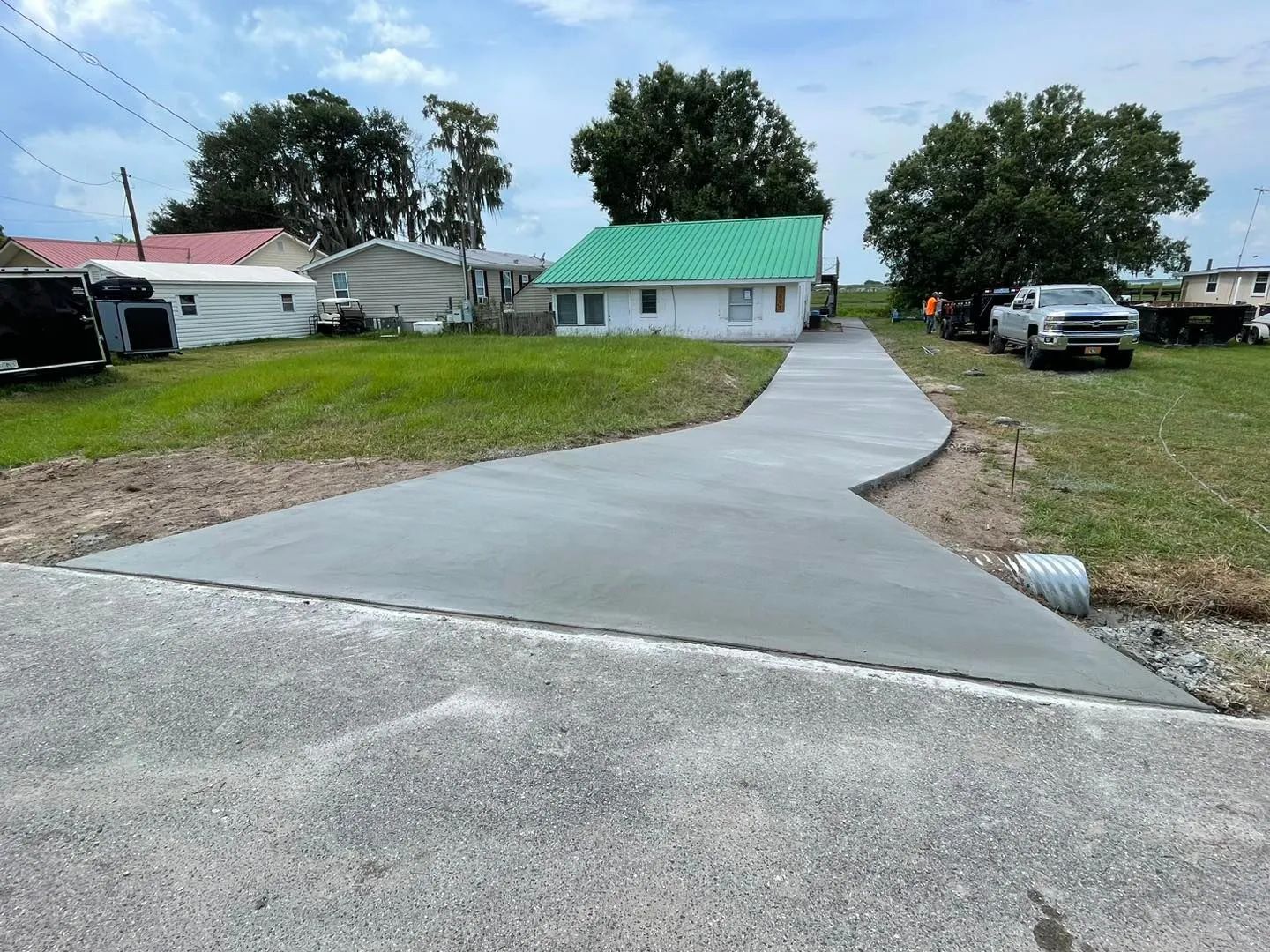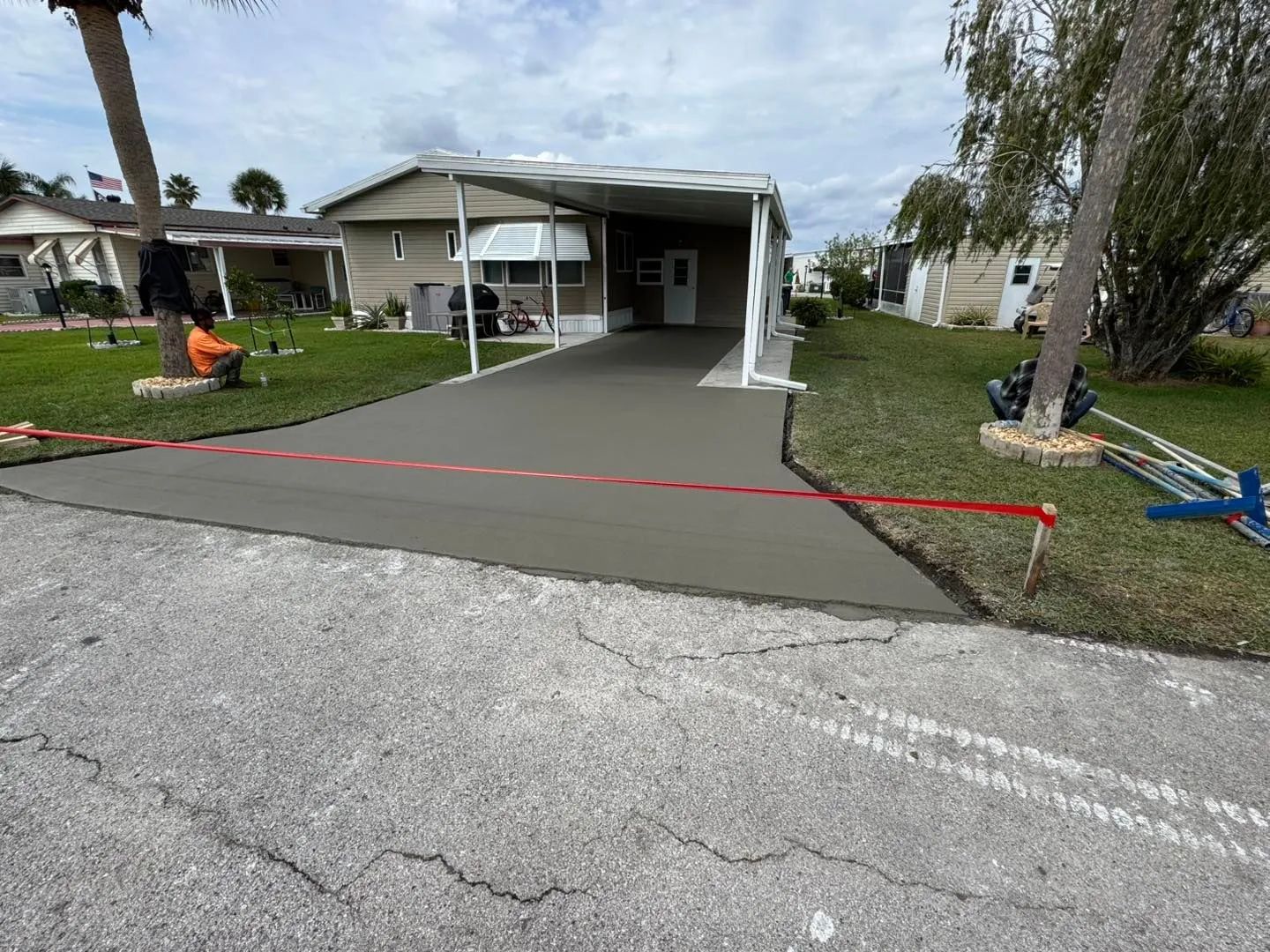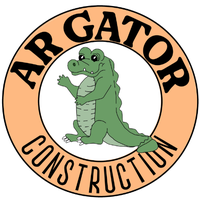Commercial Concrete vs. Residential Concrete: What’s the Difference?
Concrete is the backbone of modern construction, but not all concrete is created equal. Whether it's a towering commercial complex or a cozy backyard patio, the type of concrete used significantly impacts performance and longevity. Residential and commercial concrete may appear similar at first glance, but they differ in strength, composition, application, and cost.
Homeowners often prioritize design and cost-effectiveness, while commercial builders must meet stringent load-bearing and regulatory requirements. Choosing the right type of concrete can directly affect the durability, aesthetics, and safety of the structure. In this blog, we’ll break down the core differences between the two types of concrete so you can make informed decisions for your next construction project. Whether you're pouring a driveway or laying the foundation for a commercial facility, knowing the distinctions is key.
1. Strength and Durability
One of the most notable differences between commercial and residential concrete is strength. Commercial concrete is typically formulated to withstand heavy loads, frequent traffic, and high usage. This makes it ideal for parking garages, warehouses, and office buildings. On the other hand, residential concrete is designed for lighter use—such as driveways, patios, and home foundations—where the load-bearing requirements are significantly lower.
2. Concrete Mix and Reinforcement
Commercial concrete often uses a higher PSI (pounds per square inch) mix and may include additional reinforcement materials such as steel rebar or wire mesh. This reinforcement enhances its load-bearing capacity and resilience. Residential concrete usually features a standard mix and may only require minimal reinforcement, depending on the application.
3. Design and Aesthetic Considerations
In residential applications, aesthetics often take precedence. Homeowners may choose decorative finishes, stamped designs, or colored concrete to enhance curb appeal. Commercial projects tend to focus more on functionality, structural integrity, and compliance with building codes rather than decorative elements.
4. Project Size and Complexity
Commercial concrete projects are generally larger in scale and involve more complex logistics, requiring specialized equipment and a larger workforce. These projects also involve rigorous scheduling and coordination to meet strict timelines.
Residential concrete work is typically smaller in scope, more flexible in scheduling, and often completed by smaller crews with fewer resources.
5. Cost Implications
Due to the higher strength requirements, additional materials, and labor involved, commercial concrete installations are generally more expensive than residential projects. Residential concrete, being less intensive, typically comes with a more affordable price tag. However, both types require expert installation to avoid future issues like cracking or premature wear.
6. Building Codes and Regulations
Commercial concrete projects must meet stringent codes and industry regulations, especially concerning load requirements, accessibility, and safety. Residential concrete also follows code standards but is usually subject to fewer and less complex requirements.
Trust AR Gator for All Your Concrete Needs
Whether you’re planning a commercial development or enhancing your home’s exterior, understanding the differences between commercial and residential concrete is essential for project success. At AR Gator, we bring over 15
years of experience in providing
top-quality concrete solutions in Lake Wales, FL. Our skilled team is well-versed in both residential and commercial concrete services, ensuring each project meets the highest standards of safety, durability, and visual appeal. For reliable craftsmanship and expert guidance, trust AR Gator
to get the job done right.



